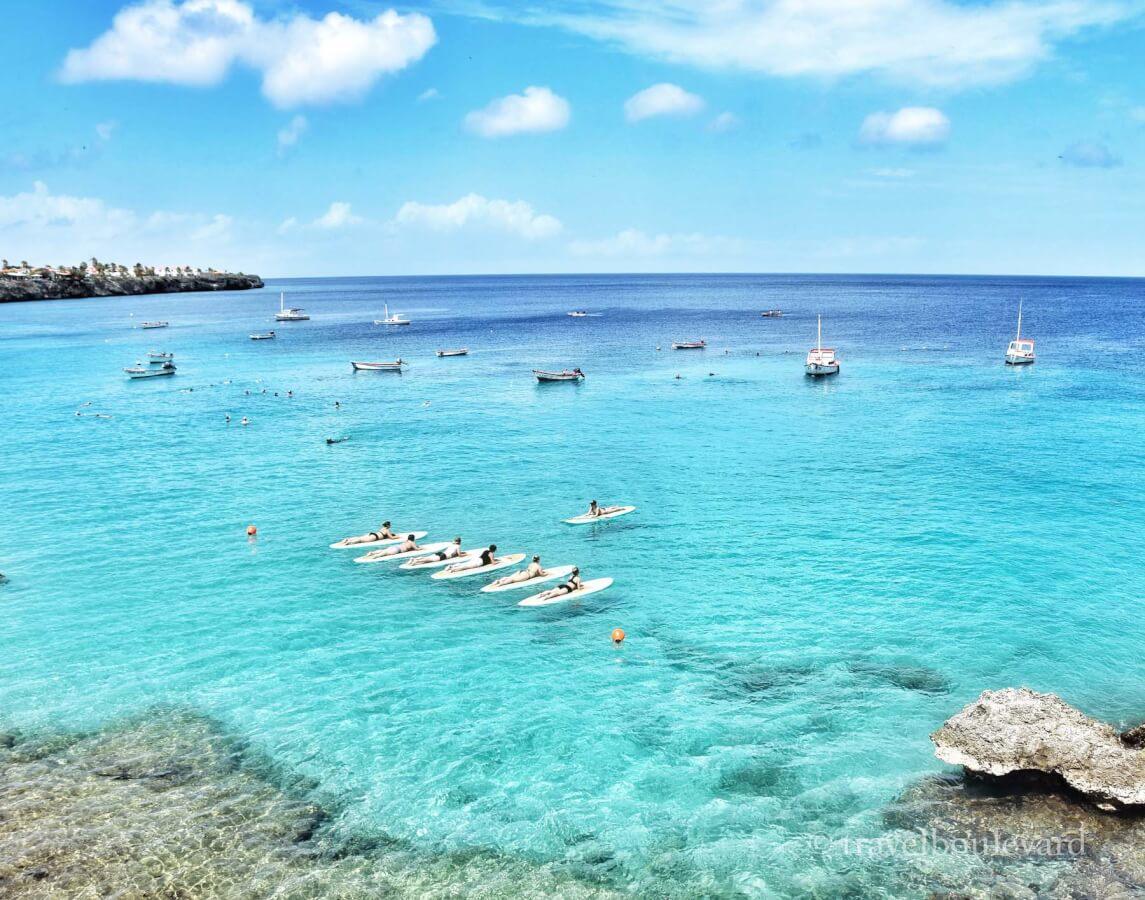Unveiling the Allure of Curacao: A Caribbean Gem

Introduction to Curacao
Curacao, a stunning island located in the southern Caribbean Sea, is renowned for its vibrant culture, diverse ecosystems, and rich history. As part of the ABC islands, alongside Aruba and Bonaire, Curacao attracts millions of tourists each year. The relevance of Curacao in the geotourism sphere has recently surged, as travellers seek unique and less commercialised destinations in a post-pandemic world.
The Cultural and Historical Significance
Curacao boasts a multifaceted history that stretches back to its first inhabitants, the Arawak Indians, followed by European colonisation in the 17th century. The capital city, Willemstad, is a UNESCO World Heritage Site, famous for its colourful Dutch colonial architecture and vibrant harbour. Events such as the Carnival, held annually, highlight the island’s blend of African, European, and Caribbean influences, making it a pillar of cultural celebration.
Navigating the Natural Wonders
In addition to its rich culture, Curacao is celebrated for its natural beauty. The island features stunning beaches such as Kenepa Beach and Playa Porto Mari, known for their clear blue waters and excellent snorkelling opportunities. In 2023, the government announced plans to enhance conservation efforts in the Christoffel National Park to protect the island’s diverse wildlife, including unique bird species and the endangered Curaçaoan deer. Environmentalists believe this initiative could bolster eco-tourism and further attract visitors.
Significant Developments and Events
In recent months, Curacao has witnessed economic growth driven by the tourism sector. Airlines have expanded services to the island, catering to a growing demand from North America and Europe. Additionally, local authorities are enhancing infrastructure to support this growth, with new hotels and resorts projected to open by late 2023. Notably, the Curacao Dive Festival, scheduled for November 2023, will celebrate the island’s underwater wonders and attract diving enthusiasts from across the globe.
Conclusion: A Bright Future for Curacao
The significance of Curacao extends beyond its picturesque views and rich culture; it represents a beacon of resilience and sustainable development in the Caribbean. With plans for eco-friendly tourism practices and ongoing conservation efforts, the island is setting a precedent for environmental stewardship. As Curacao continues to evolve, it stands as a compelling destination for travellers seeking an authentic Caribbean experience, making it a vital piece of the region’s tourism landscape.
